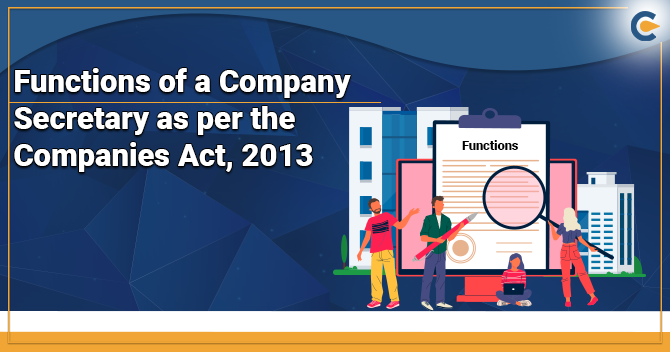The definition of Small Business is any service sector unit with an investment of not more than Rs. 2 crores is considered a Small business as per the Ministry of Micro, Small and Medium enterprise. And in the manufacturing sector, any unit with an investment in plant and machinery of less than Rs. 5 crores is classified as a small business. Legal compliance is an inseparable part of any business. It ensures that the business is running smoothly, avoids unnecessary fees and penalties or legal actions that hamper operations and ensures the unceasing built–up of customer confidence. Further in this writing, we shall mention the importance of Small business Compliance.
Specific Entity for Small Business Compliance
- Sole Proprietorship – Before a business starts, it needs to have a Shop or an establishment to conduct a business or a NOC from Gram Panchayat. It also has to meet the ongoing requirements like filing Income Tax Return and GST Return, preparing the Financial Statements, and submitting them on time.
- Partnership Firm – The essential requirement for a Partnership Firm is to get registered the Partnership Deed with the Registrar of the Firm, Timely file Income – Tax Returns, Goods and Services Tax Returns and Preparation of Financial Statements and reports.
- Limited Liability Partnership – An LLP has to be In-corporate by filing forms with the Ministry of Corporate Affairs. Along with that, an LLP deed is also to be registered with a common seal of LLP. The LLP must also comply with all the required MCA, LLP Act and compliance.
- Private Limited Company – This entity must register with the Ministry of Corporate Affairs with MOA and AOA with the Company seal. The Company attracts heavy penalties and fees for non – Compliance work like not filing Income -Tax and Goods and Services Tax Return, Non-Filing of Financial Statements and Reports for not Conducting Board Meeting and General meetings.
Basic Compliances for any Business
To start to a business some basic compliance work that has to be kept in mind are mentioned below:
- Shops and Establishment Act,
- Obtaining a Pan Card,
- Opening a Current Bank Account or
- Obtaining a Sale/Lease Deed of the business premises.
Key area while choosing a Small Business
Listed are the key area which should be kept in mind for Small Business
- Investment Requirement
- Business Objective
- Staffing Requirement
- Business Licenses Required
- Break-even Point
- Financial Projections
- Market Opportunity
- Entrepreneur’s Experience
- Raw Material Requirement
- Business Entity
- Taxation
- Financial Projections
Legal Documentation for Small Business Compliance
A business’s legal documentation must be reviewed and updated regularly to ensure business compliance. Compliance includes contracts, agreements, policies, forms and letters, and procedures. In simple ways, it can be said your business needs the listed documentation for better functioning.
- Written procedures for HR, disciplinary and grievance issues
- HMRC papers
- Companies House Information
- Tenancy agreements which are relating to business premises
- The Contract covers goods or services purchased or provided
- Bank statements
- Invoices
- Previous year’s ITR
- Record of any Business Expenses Accrued
- Employment contracts for all employees
- Documents for Data Protection Policies
- The details of the Financial Agreement entered into
Health and Safety for Small Business Compliance
To comply with health and safety regulations, your business must make the following compliances.
- The policy must be created for health and safety, which must be in writing if you employ more than five people.
- To carry out the Risk Assessment Activities, this will have to be written if you employ more than five people.
- Display poster setting out health and safety regulation
Small Business Compliance and Risk Management
The listed Small Business Compliance and Risk management can be based on the following Assessment.
- Nature & Scale of Business – Applicable Legal Services & Assessment of Risk
- Management Vision & Business Objectives
- Internal Challenges like lack of reporting systems, cash crunches, taxation, heavy employee turnover, etc
- External Challenges Such as Business threats, changes in industrial Policies and regulatory requirements
Conclusion
After reading this article, it can be concluded that there is many legal compliance for Small businesses like filing GST and Income Tax Returns and financial statements and reports. However, failing to small business compliance lead to heavy penalties and fees. So businesses need to comply with the legal requirements to avoid such kind of consequences in future.
Read our Article:New Rules regarding Physical Verification of Registered Address of Company











